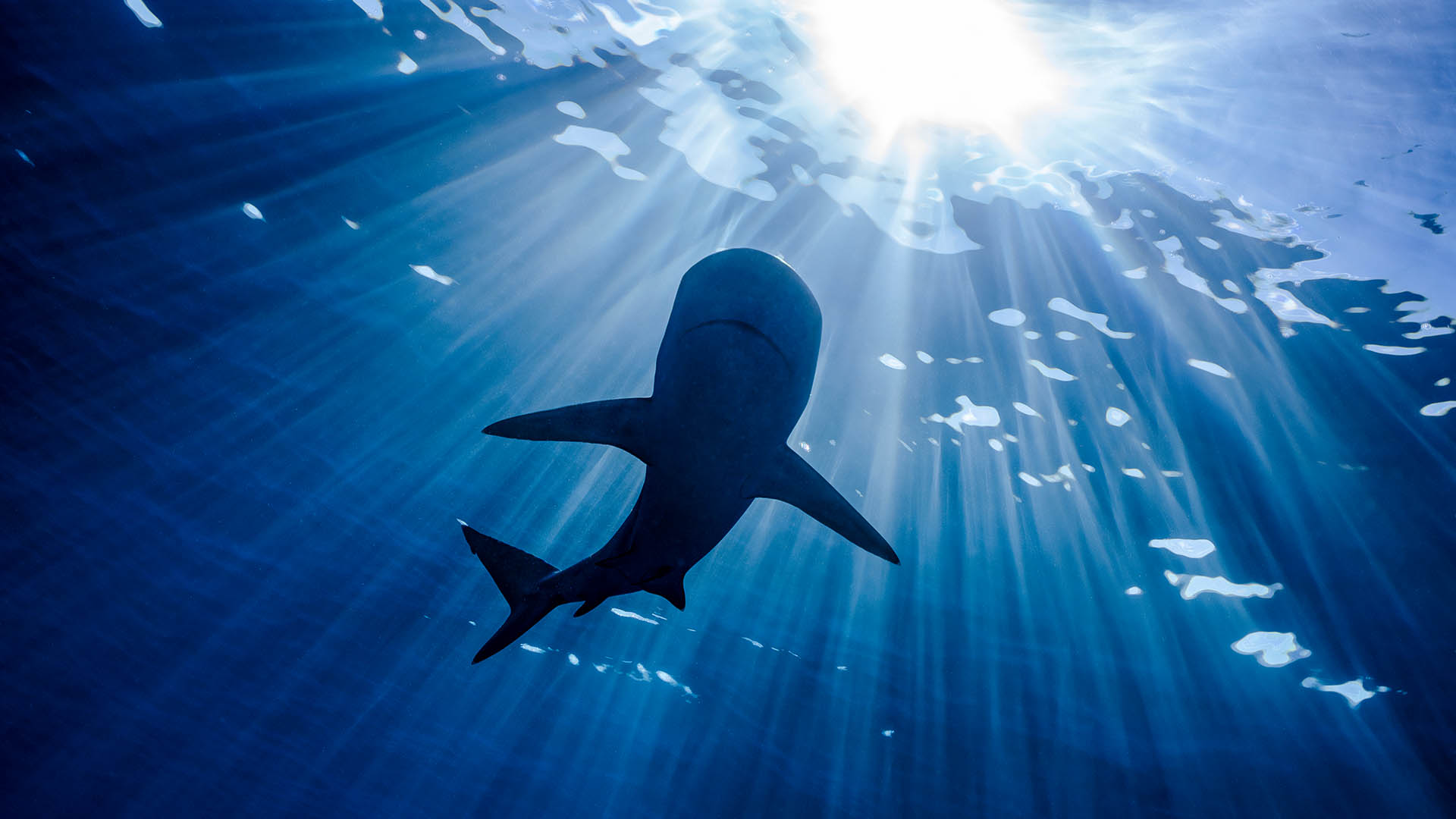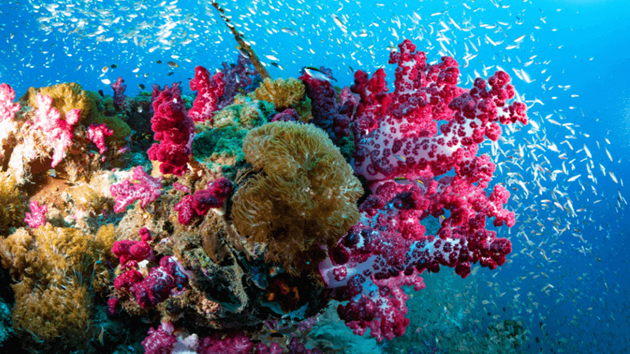Key Points from this article:
- Sharks keep prey populations, like seals in check so they don’t over-consume fish
- Other animals being afraid of where sharks could be helps protect ecosystems
- Food webs in the ocean are delicate and essential, and they include sharks
Why do we need sharks?
When we lose top predators like sharks, it can destabilize the whole food chain for humans and marine animals alike.
Sharks and other predators help keep the marine food web in balance. These food webs provide food for billions of humans and jobs for hundreds of millions. This is a food chain that we very much benefit from keeping balance, but it’s being threatened by a growing human population, overfishing, and climate change.
How do sharks support healthy food webs?
Through the simple act of eating, predators (like sharks) help keep prey (like seals, tuna, etc.) populations in check. By hunting and eating the sick, weak, old, and dying, predators help ensure that only the fittest survive—placing natural selection pressure on prey species.
When we lose top predators, including sharks, it can disrupt the whole ecosystem in a variety of ways.
One of those ways is called “predation release,” where when a top predator population declines, that predator’s prey population rapidly increases.
For example, if a seal-eating shark population declines, there will be many more seals in the ecosystem. More seals will eat more fish, putting additional pressure on that population, which has far-reaching implications. This phenomenon is called a “trophic cascade” which can have a devastating ripple effect, ultimately impacting the very fish stocks that we benefit from through sustainable fishing.
How does a fear of sharks affect ecosystems?
Humanity’s fear of sharks is historically bad for sharks, but when animals are afraid, it’s actually a good thing.
Have you ever avoided taking a shortcut through a dimly lit alley because it didn’t feel safe? Perhaps you felt safer, but found yourself taking more time and spending more energy getting to your destination?
This human example helps to highlight the larger concept of “fear ecology,” in which the fact that there could be predators present causes prey to avoid a specific area—even if it is an otherwise great spot for eating. Fear and avoidance help protect these habitats from destruction.
A great example of fear ecology in the ocean is the effect sharks have on animals like dolphins, sea turtles, and dugongs, effectively keeping them away from certain habitats, like seagrass beds. Keeping herbivores away from seagrass beds helps keep these ecosystems, which are critical habitats for juvenile phases of many marine fishes, from being over-grazed. Similar fear ecology effects of sharks have been shown to keep coral reef ecosystems intact.
This natural limitation helps keep ocean ecosystems strong and more resilient.
The health of our ocean depends on the health of our sharks
In short, sharks help make our global fisheries more sustainable by keeping marine populations, ecosystems, and food webs in check.
Predators like sharks play critical roles in marine and coastal ecosystems, and shark population declines can have a variety of unexpected and disruptive effects on these ecosystems. If we want healthy oceans, with all the economic and health benefits that come from well-managed fisheries, we need healthy shark populations. Humans and fish are better off with waters teeming with healthy shark populations than we are without them.
-------------------------------------------------------
This blog was updated from a 2021 blog called What Do Sharks Have to Do With Healthy, Sustainable Fisheries? by Dr. David Shiffman, an award-winning public science educator and marine conservation biologist who studies the ecology and management of sharks.

Support a sustainable ocean!
Join us every month as we share successes from sustainable fisheries around the world.
* This field is required


